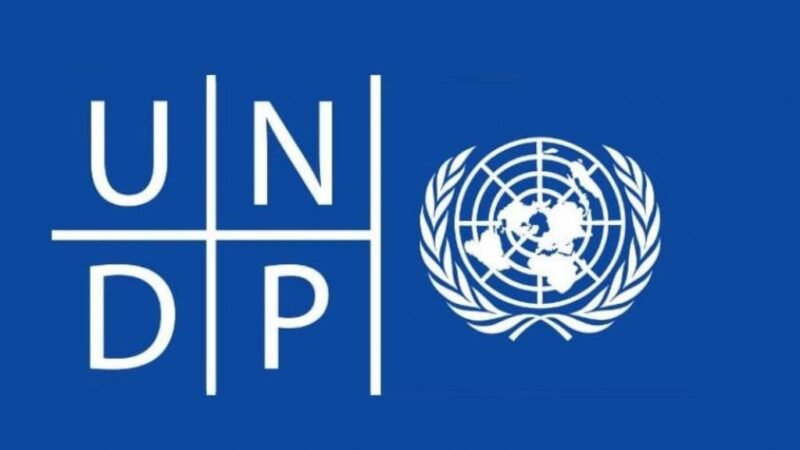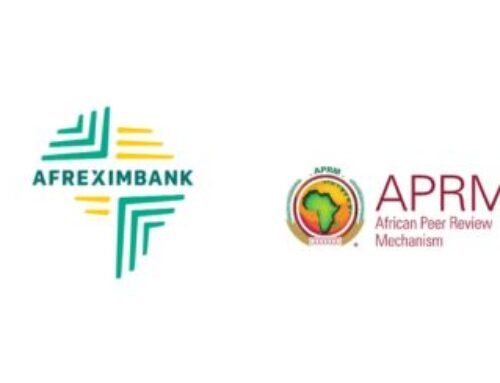
The connection between credit rating, borrowing costs, and Africa’s development prospects is undeniable. Understanding how this linkage shapes the continent’s financial landscape is crucial.
Credit rating is a key factor determining borrowing costs. In simple terms, it reflect the likelihood of a borrower defaulting on debt. Sovereign borrowers, especially in Africa, rely on these ratings to communicate their risk profile to potential investors. However, rating assessments in Africa face hurdles, including limited up-to-date data and the complex nature of its markets.
A recent United Nations Development Programme (UNDP) study offers a fresh perspective on credit rating. It introduces a more conservative methodology, highlighting the diversity of ratings among countries facing similar situations. These discrepancies underscore the need for comprehensive, accurate information.
UNDP, through webinars and data initiatives, aims to enhance transparency in credit rating methodologies. The Chief Economist, Africa Bureau, New York, emphasized the need to empower African nations in their interactions with credit rating institutions. The goal is to provide comprehensive data platforms to enable informed decision-making.
This initiative involves offering African countries a robust data platform featuring diverse data sources, methodologies from various credit rating agencies, and advisory support during the rating process. The aim is to bridge data availability gaps and assist African nations in presenting a well-rounded economic stance.
UNDP’s efforts have the potential to transform Africa’s credit landscape, making borrowing costs more affordable and fostering sustainable development.








Leave A Comment